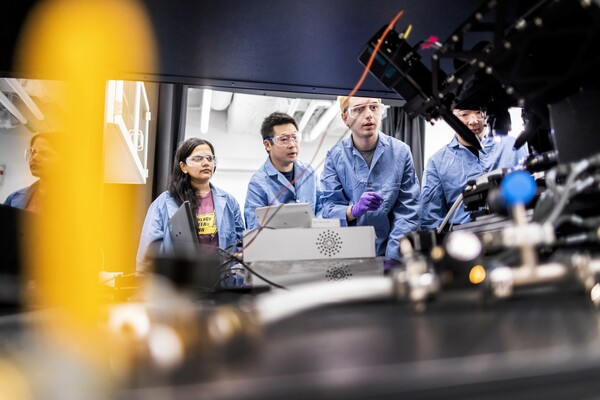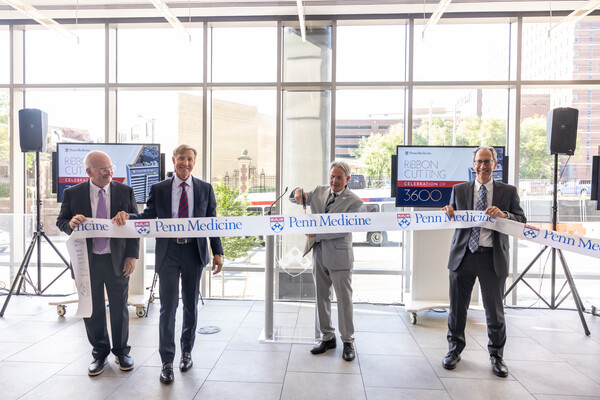
Image: Kindamorphic via Getty Images
PHILADELPHIA–- Today’s “in your face” televised political debates evoke emotional reactions in viewers and cause them to think that opposing views are less legitimate, according to a University of Pennsylvania researcher.
“Effects of ‘In-Your-Face’ Television Discourse on Perceptions of Legitimate Opposition,” published in the November issue of the American Political Science Review, was written by Diana C. Mutz, a professor of political science and communications at Penn.
It is available at www.apsanet.org/imgtest/APSRNov07Mutz.pdf.
“My findings suggest that television certainly has the capacity to educate viewers about oppositional positions and to increase the perceived legitimacy of oppositional views,” Mutz said; “however, the extremely intimate perspective that it provides on political disagreement ultimately undermines its ability to serve these ends.”
Mutz’s study involved three distinct experiments in a laboratory setting that presented adult subjects with televised political debate at a studio talk show set with professional actors playing congressional candidates and a moderator.
Participants saw the same exchange of political arguments, but some viewed these arguments presented in a civil and polite tone while others saw an uncivil exchange that resembled so-called “shout show” political conversations. In addition, some saw the exchange of political views from a close-up camera angle while others saw the same exchange from a more distant camera perspective.
Participants were most able to recall the uncivil exchanges featuring tight close-up shots. These uncivil exchanges reinforced viewers’ tendency to de-legitimize oppositional views, while civil expressions of the same views enhanced viewer perception of their legitimacy.
“As anyone who has been cornered by a disagreeable individual at a cocktail party knows, this experience tends to be unpleasant at best,” Mutz said. “Television replicates the sound and sight of human experience so that today’s political advocates can, for better or worse, truly be in our faces.”

Image: Kindamorphic via Getty Images

nocred

nocred

(From left) Kevin B. Mahoney, chief executive officer of the University of Pennsylvania Health System; Penn President J. Larry Jameson; Jonathan A. Epstein, dean of the Perelman School of Medicine (PSOM); and E. Michael Ostap, senior vice dean and chief scientific officer at PSOM, at the ribbon cutting at 3600 Civic Center Boulevard.
nocred